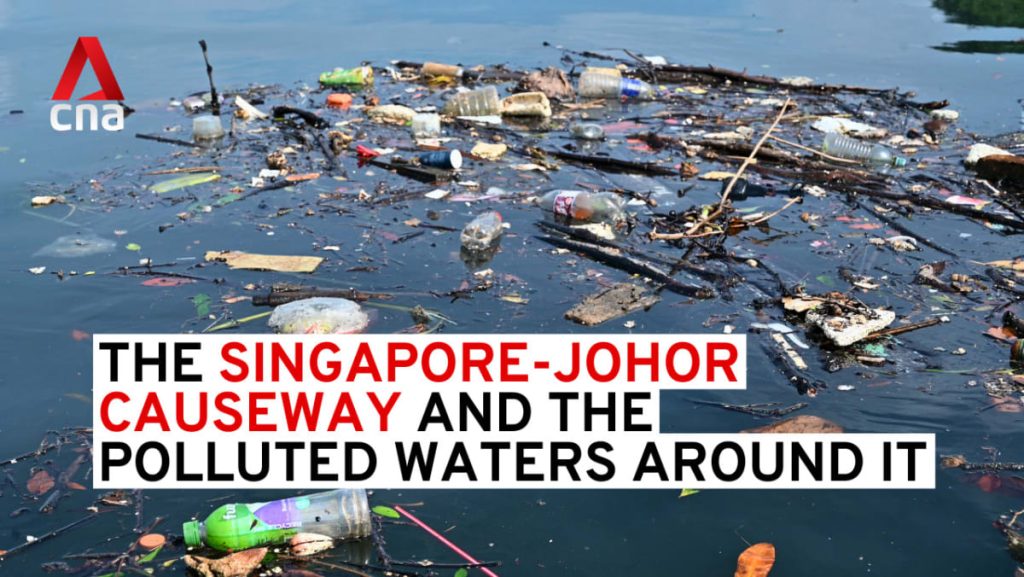The Singapore-Johor Causeway is a significant gateway between Singapore and Malaysia, with a high volume of daily commuters and travelers passing through. However, despite its importance for trade and tourism, the area is facing challenges related to pollution that are affecting the livelihoods of local fishermen. These fishermen, who have relied on the waters near the Causeway for generations, are experiencing dwindling catches due to the deteriorating water quality caused by pollution. This has raised concerns about the long-term sustainability of their occupation and the overall health of the marine ecosystem in the area.
The pollution in the area around the Singapore-Johor Causeway is a result of various factors, including industrial waste, untreated sewage, and plastic litter. The rapid urbanization and industrial development in both Singapore and Johor have led to increased pollution levels in the water, which is having a detrimental impact on the fish stocks and other marine life. In addition, the large volume of traffic passing through the Causeway contributes to air pollution, which can also have indirect effects on the marine environment. Addressing these pollution issues requires a coordinated effort between government agencies, businesses, and the local community to implement sustainable practices and regulations that protect the marine ecosystem.
Local fishermen have reported a decline in their catch sizes and quality, which they attribute to the pollution around the Causeway. The presence of pollutants in the water can affect the growth and reproduction of fish, leading to lower fish populations and poorer catch yields for fishermen. In addition, the accumulation of plastic waste in the water can entangle marine life and disrupt the natural food chain, further impacting the overall health of the ecosystem. These challenges highlight the interconnectedness of environmental issues and the need for holistic solutions that consider both human activities and their effects on the environment.
In response to the pollution concerns around the Singapore-Johor Causeway, efforts are being made to address the root causes of the problem and find sustainable solutions. Government agencies in both Singapore and Malaysia are working together to monitor water quality, enforce regulations on pollution control, and implement clean-up initiatives in the area. Businesses are also being encouraged to adopt eco-friendly practices and reduce their environmental footprint, while the local community is being educated on the importance of preserving the marine ecosystem and reducing pollution. These collaborative efforts aim to not only protect the livelihoods of local fishermen but also ensure the long-term sustainability of the marine environment for future generations.
The pollution issues around the Singapore-Johor Causeway serve as a reminder of the importance of environmental stewardship and the impact of human activities on the natural world. As global awareness of environmental issues continues to grow, there is a greater emphasis on the need for sustainable practices and responsible resource management. By addressing pollution in the area and promoting conservation efforts, stakeholders can help preserve the biodiversity of the marine ecosystem and support the well-being of local communities that depend on it for their livelihoods. Ultimately, a collective commitment to environmental protection is essential for maintaining a healthy and thriving ecosystem in the region.


